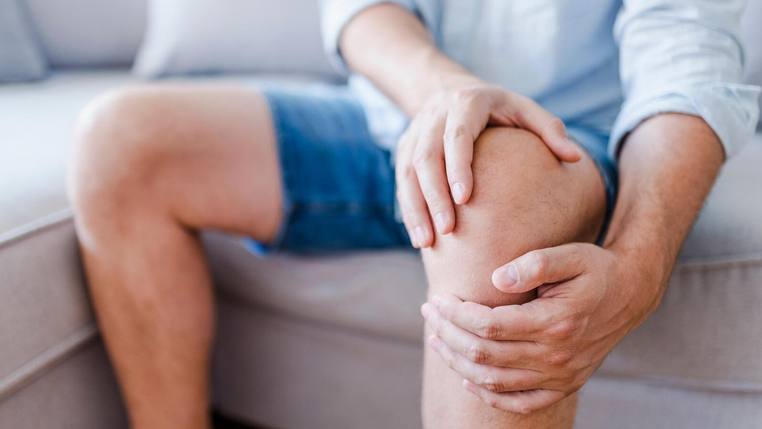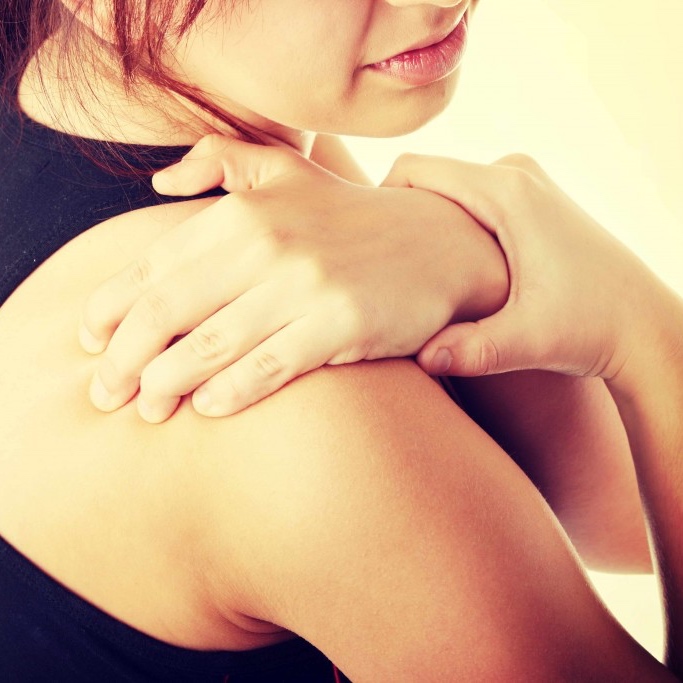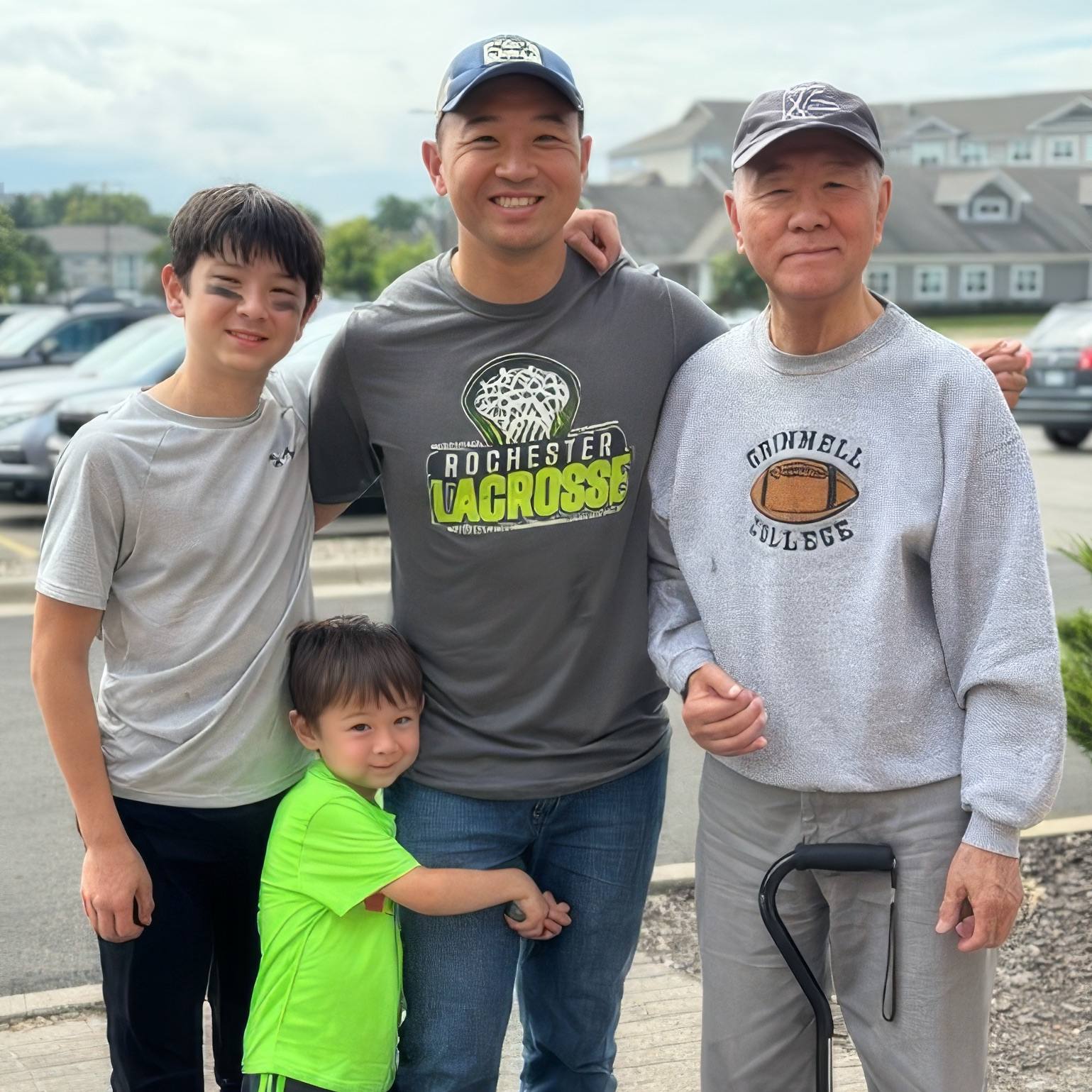-
Orthopedics/Sports
Sports Safety Spotlight: Mayo Clinic gives tips on staying active with joint pain

EAU CLAIRE, Wis. ― When the weather has you enthused about fitness, the last thing you want is to be sidelined with joint pain.
"People might associate joint aches and pains with an older age group, but joint pain can affect people in all stages of life," says Amy Rantala, M.D., Sports Medicine, Mayo Clinic Health System. "This can be frustrating because pain can be a barrier to maintaining regular exercise and enjoying being active in sports or other activities."
Preventing joint pain in the first place is the best course. A good first step if you want to join a sport or up your exercise goals is to check with your primary care provider or see a sports medicine specialist who can assess your overall fitness level, general mobility and if you have current injuries or pain.
They also may conduct a functional movement screening to evaluate how you move and pinpoint specific issues. For example, you may have decreased range of motion in a hip or shoulder or are stronger on one side than the other. This screening can identify specific rehabilitative exercises that can be done along with your regular exercise program. These exercises help your body move safely, perform exercises correctly, and reduce the risk for injury.
"When you do build an exercise program, make sure it's sustainable and incorporates cardio, strength building and flexibility," says Dr. Rantala. "Then ease your way into it. Don't go from 0 to 100 overnight because that can lead to injuries and sore joints."
Some additional points to keep in mind:
- Listen to your body. Don't overdo it. Take a break or tone down your activity for the rest of the day.
- Keep a small problem small. If you're feeling recurring pain, get it checked out.
- Build in time to recover between activity sessions. Our bodies need this time to rebuild and repair.
- Work around your limitations. For example, if you have knee pain, using a reverse lunge or hex-bar squat helps reduces stress on your knees and allows you to target the same muscle groups.
"If joint pain begins to restrict the activities you love, the best thing to do is consult an orthopedic or sports medicine specialist so the two of you can map out a plan for diagnosis and treatment to keep you active and enjoying your life," says Dr. Rantala. "Focus on playing the long game when it comes to sports and regular exercise by finding what works for your body long-term."
For more information about the new Diagnostic Imaging and Sports Medicine center opening in Eau Claire in July, visit Mayo Clinic Health System.
###
About Mayo Clinic Health System
Mayo Clinic Health System consists of clinics, hospitals and other facilities that serve the healthcare needs of people in Minnesota and Wisconsin. The community-based healthcare professionals, paired with the resources and expertise of Mayo Clinic, enable patients in the region to receive the highest-quality physical and virtual healthcare close to home.
Media contact:
Amanda Dyslin, Mayo Clinic Health System Communications, newsbureau@mayo.edu
Related Articles







